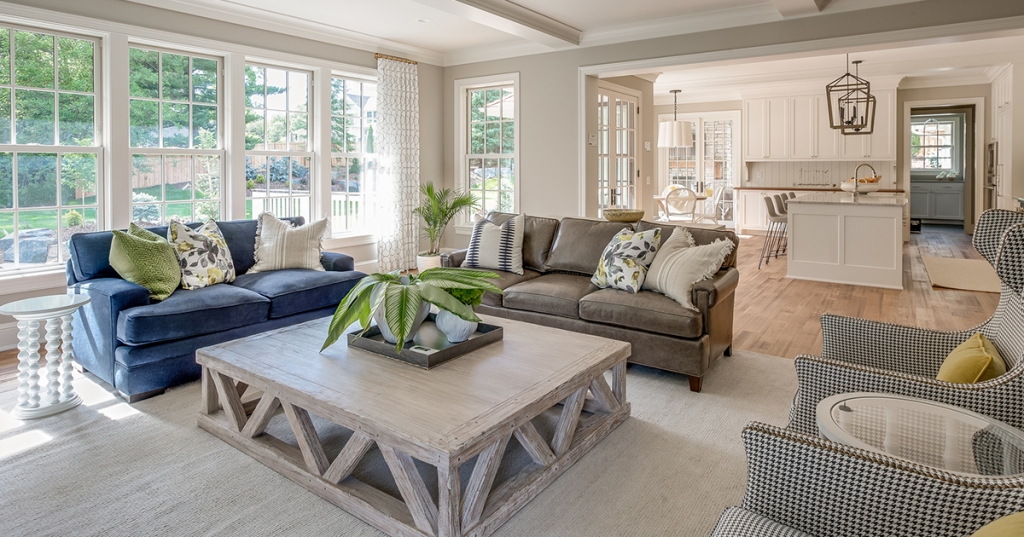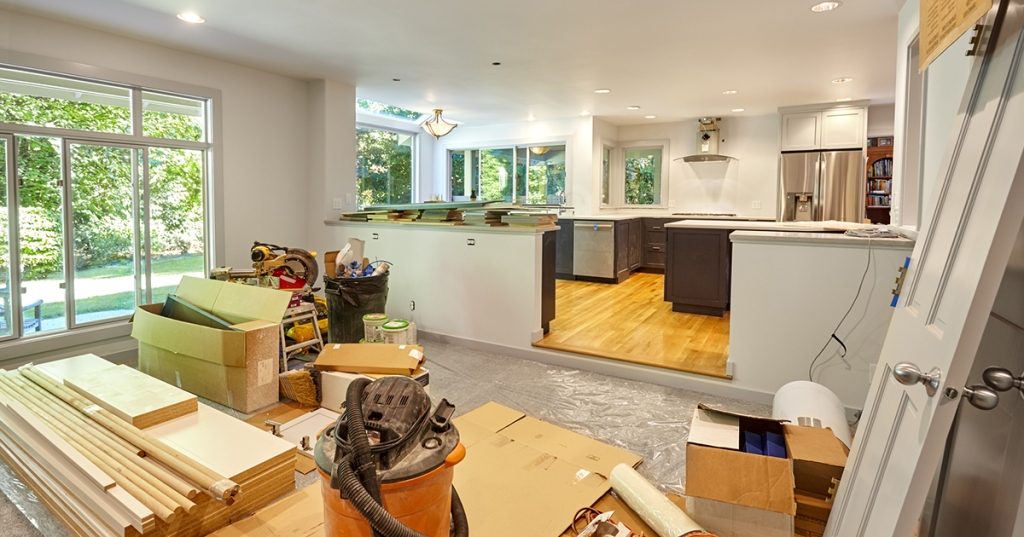
Imagine looking around your home and wondering how you can make it shine during those crucial showings. The answer is simple: staging! It’s a powerful tool that can transform your property and raise its appeal.
Your online listing photos serve as the initial showcase for potential buyers. Staging plays a crucial role in enhancing these images, making them more captivating and inviting. It sets the stage, quite literally, for a positive first impression. When buyers scroll through your listing, professionally staged rooms catch their eye, drawing them into the story your home tells.
Staging isn’t just about creating a visually pleasing environment; it’s about sparking an emotional connection. A well-staged home exudes warmth and welcome, making it easier for buyers to picture themselves living there. It’s a canvas upon which they can paint their own future, creating an emotional bond with the space that lingers long after the showing ends.
The numbers don’t lie. According to the National Association of Realtors (NAR), 23% of buyer’s agents report that staging can increase the dollar value offered by 1-5% compared to non-staged homes. In essence, staging is an investment that yields a tangible return. It’s a strategic move to maximize your property’s market value and, ultimately, your selling price.
Staging has another subtle yet impactful benefit. It redirects attention away from any outdated or minor repair needs that you may not have had the resources to address before listing. Instead of fixating on imperfections, buyers are drawn to the positive aspects of your home. It’s about showcasing its potential and best features, ensuring they shine brightly.
To reap the full benefits of staging, timing is key. Ideally, it should be implemented before your home hits the market. The moment you decide to sell, consider reaching out to us. We can seamlessly incorporate staging into your selling timeline, ensuring your home stands out and captures the hearts of potential buyers right from the start. Don’t underestimate the impact of this transformative process—it’s the secret weapon in your arsenal to sell your home swiftly and at an optimal price.

